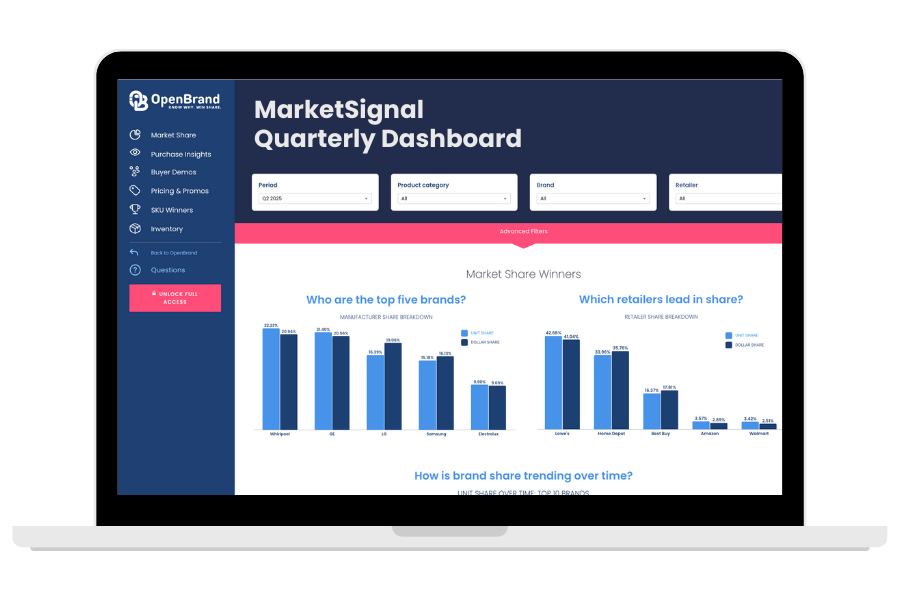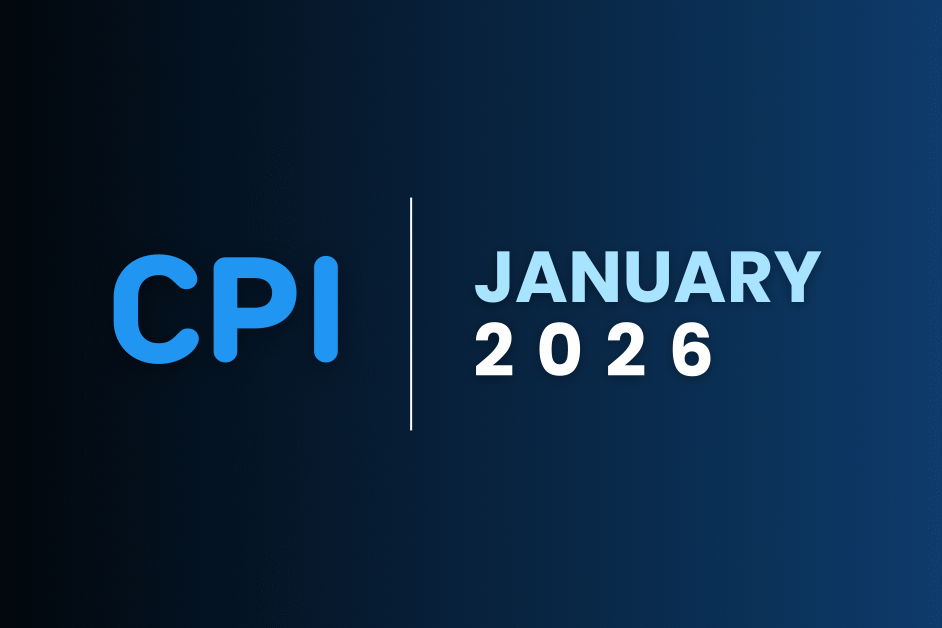Do a Google search on “Market Research Suppliers,” and you come up with a list of thousands of results. Why? Because just about anyone can write a survey and administer it on Survey Monkey or any other survey site. But a great market research supplier, the kind you want to partner with, can do more than just type up a survey. From eliminating bias when writing questions to reporting results, there are dozens of considerations that make some suppliers better than others. Taking the plunge and selecting a research supplier can feel overwhelming, but you can mitigate the risk by following our quick checklist for how to choose a research supplier.
Most of the time you’ll start by sending an RFP (request for Proposal) which outlines the details of your study. However, sometimes it makes sense just to call and talk through your study with a researcher. Here are some key questions to ask yourself whether you’ve identified potential suppliers or are still searching:
1. Do they ask (the right) questions?

They should. The kinds of questions that a research provider asks you will help you differentiate between an average provider and one that will best fit your needs. The more they know about the project, the more appropriate the proposal and the more accurate the costs. Some questions a good research provider might ask include:
-
- what your long and short-term objectives are
- how you will use the results
- who will see the results
- where this research fits in with your strategy
- what past learnings exist and how it impacts your strategy
Beyond these questions, they may also ask more tactical questions, such as incidence numbers for the population you want to interview. The provider may also ask you for a budget number, give them a range and don’t be scared of this question! Often times it’s simply to make sure your expectations are in line with what it costs to do a study. If your budget is $300 for a three-market central location test, don’t be surprised if you get some push-back from your supplier.
2. Do they speak your language?
A good research partner can speak many languages – marketing, insights, engineering, C-Suite. That’s why it’s important to ask specific questions about your audience for the research. If your researcher can only answer questions with “research” jargon, you may run into a problem. If they can’t speak in a language that you and your organization can understand, it may be wise to keep your distance. After all, why spend valuable research dollars on a result that’s incomprehensible? You want to work with smart people, but if they do not effectively communicate with you that will be a problem.
3. Are they working out of their mom’s basement?
While we support helping mom pay the rent, we think this might be a bad sign for a research supplier. A one-researcher show can provide a certain level of personalization – of course they want to win your business – but this type of operation can cause bottlenecks. Your supplier should be staffed enough to be able to handle not only your project, but other projects as well. Finding the right balance between personal and capable should be a prime consideration.
4. Do they have senior staff and will they be involved?

Typically a senior member of the firm is involved up front during the proposal development phase. However, once a project is awarded it is often passed on to a more junior project manager for implementation. While this is very standard, do you still have interaction with the senior person or are they now out or the picture? Having the experience of a senior researcher can prove valuable, so you still want that senior-level involvement at all project stages.
5. Are they “Yes Men”?
Working with a research supplier should mean that you’re getting expertise, not just a project executor. With that, look for a supplier that adds value to your ideas, not just takes every idea you have and implements it. Don’t be afraid to ask their opinion on your ideas – you may be surprised at how good (or bad) their own perspective is on your particular situation.
6. Are expectations clear on each side?
In any proposal there should be details about who is responsible for what and the associated timing for the project as a whole. (Yes, the client has responsibilities too – more about that in a future blog.) Projects can easily go off track, particularly with respect to timing, when expectations are not clear from the start.
7. Does the supplier understand your industry?
There are two components to understanding your industry.
-
- Do they have an understanding of the nuances of distribution, pricing, challenges, and competitive pressures that can translate from one category to another (e.g. Appliance market similarities with HVAC)? This is an important piece of the puzzle. Without this understanding, your supplier may target the wrong respondent, ask awkward questions, or waste valuable resources coming up to speed.
- The second component is more “nice to have”: has the supplier worked specifically in your category (e.g. specifically in home improvement)? If they have, it’s a nice bonus. The more they already know about your category, the less you have to teach them. That said, if you feel that they strongly check off the other boxes, this may be less critical. Suppliers who have less experience in your specific category may bring new ways of thinking to the table.

8. Are you (or they) overly focused on price?
Price is always important, but it is not the only aspect to consider. The old saying “you get what you pay for” can be true, so be careful of low-ball bids. If you have bids that are markedly different, try and understand why. Are methodologies, specifications, or other assumptions different between other supplier’ proposals? Just be certain you know what you are getting with any low-ball bid, or any bid for that matter.
9. Do they seem likeable?
There are a lot of research suppliers out there. It’s ultimately a service industry and there is an element of relationship development to working with one of them. You don’t have to be best friends, but a little chemistry is nice. Connecting with a supplier on a personal level will make the experience more positive and will likely help encourage the supplier to go the extra mile for you when needed. Have a conversation about your project with any potential supplier and trust your gut.
TraQline Market Research Experts
Now that you know what to look for in a research provider, you’ll be more prepared to choose a supplier who can turn into a real partner. Remember, this checklist is designed to help you select a research provider. Later, we’ll explore how to maximize your relationship with your provider, explaining the responsibilities that clients have as well as how to work effectively with your provider.
For a research supplier with everything that you need to find success, contact the experts at OpenBrand today.
Related blogs
Explore Our Data

Free Quarterly Dashboards
Explore category-level data dashboards, built to help you track category leaders, pricing dynamics, and consumer demand – with no subscription or fee.
Related blogs
Consumer Price Index: Durable and Personal Goods | January 2026
This is the February 2026 release of the OpenBrand Consumer Price Index (CPI) – Durable and…
Business Printer Hardware: 2025 Year-In-Review
Our Business Printers: Printer Hardware 2025 Year-in-Review report recaps product launch activity,…
Headphones: 2025 Year-In-Review
Our Headphones: 2025 Year-in-Review report recaps launches, placements, pricing and advertising and…
Refrigerators: 2025 Year-In-Review
Our Refrigerators: 2025 Year-in-Review report recaps product launches, placements, pricing and…




